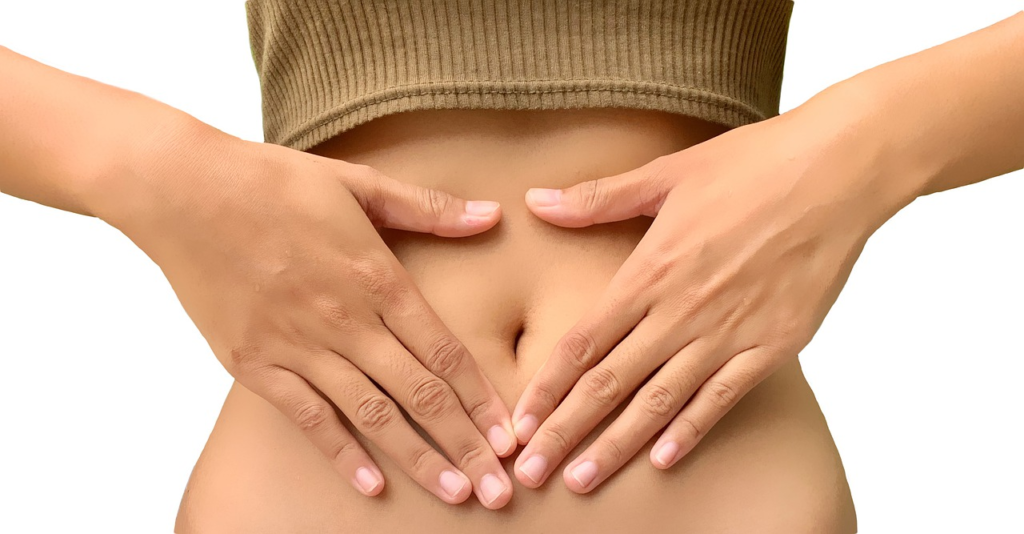In recent years, probiotics seem to be everywhere. These good bacteria, found in plenty of foods like yogurts and other fermented dishes, have shown to help overall health. But do they also improve arthritis and other joint problems? Here’s what researchers have to say about it.
Before diving into whether or not probiotics can help with joint pain, we need to understand what they are.
Simply put, probiotics are bacteria, yeasts, and other living microbes that have a positive effect on our health.
Probiotics help maintain the balance in your gut bacteria. Researchers now understand that the bacteria found in the gut play a big role in our overall health. While there are thousands of species in our gut, a healthy gut microbiome has more “good bacteria” than “bad” ones. Probiotics help tilt the balance towards a greater population of “good bacteria”, replenish the good bacteria you naturally lose (after antibiotics, for example) and fight off “bad” bacteria that can cause infections and illnesses.

Healthy gut microbiome has positive effects on our digestive system, but it also goes beyond that. According to Dr. Purna Kashyap from the Mayo Clinic [1], the microbiome helps our immune system, absorb essential nutrients, keep a healthy weight, and even stay mentally healthy.
Researchers have found that a healthy gut microbiome, rich in probiotics, alleviates symptoms of many inflammatory diseases. These include Crohn’s disease and colitis, but also arthritis and other autoimmune conditions!
According to the Arthritis Foundation, beneficial bacteria (like probiotics) reduce common inflammatory biomarkers [2]. This means that when you have enough probiotics and other healthy bacteria in your gut, you’ll have lower inflammation levels all over your body. If you have inflammatory arthritis, that means your joints will feel better, less painful, and swollen.
On the other hand, probiotics help your immune system stay strong so you’ll be less likely to catch any other infection or develop other health issues.
Researchers have carried out several studies with patients with arthritis testing the effects of oral probiotics. A 2014 study [3] showed that after 8 weeks of an oral probiotic supplement, patients with rheumatoid arthritis showed significantly fewer inflammatory markers (and felt better) than those without.
What’s more, other studies have found that imbalanced gut bacteria might increase your chances of developing rheumatoid arthritis. That means that if you have a family history of joint problems, you could also benefit from taking probiotics as a preventative!
Probiotics are only one factor in keeping your gut microbiome healthy. However, it is also one of the easiest to control. In general, you’ll need to add specific foods to your daily diet in order to keep your joints pain-free. Here’s how you can use probiotics to relieve joint pain:
0 comments